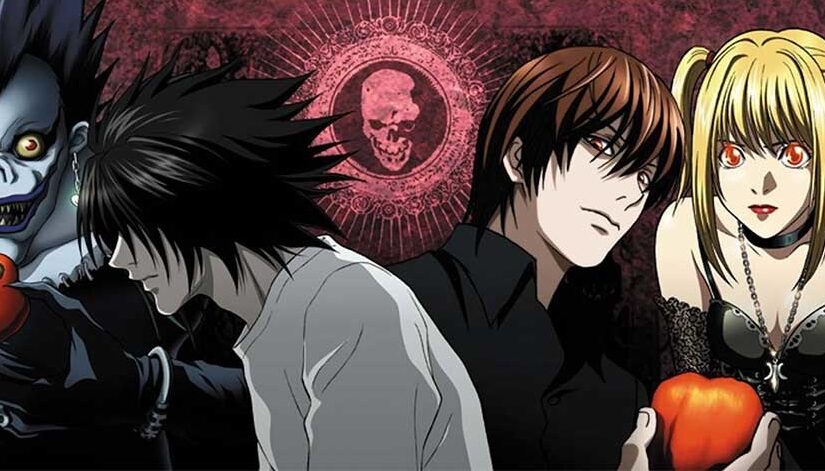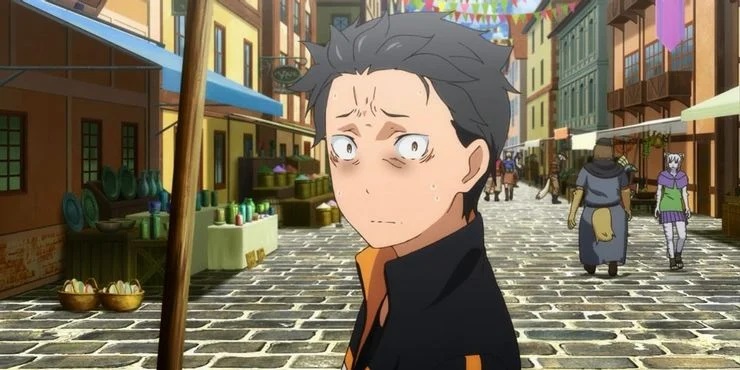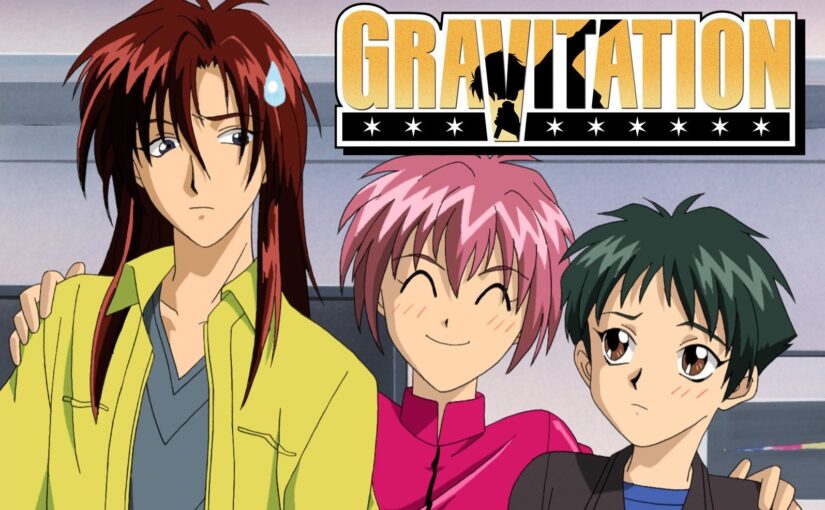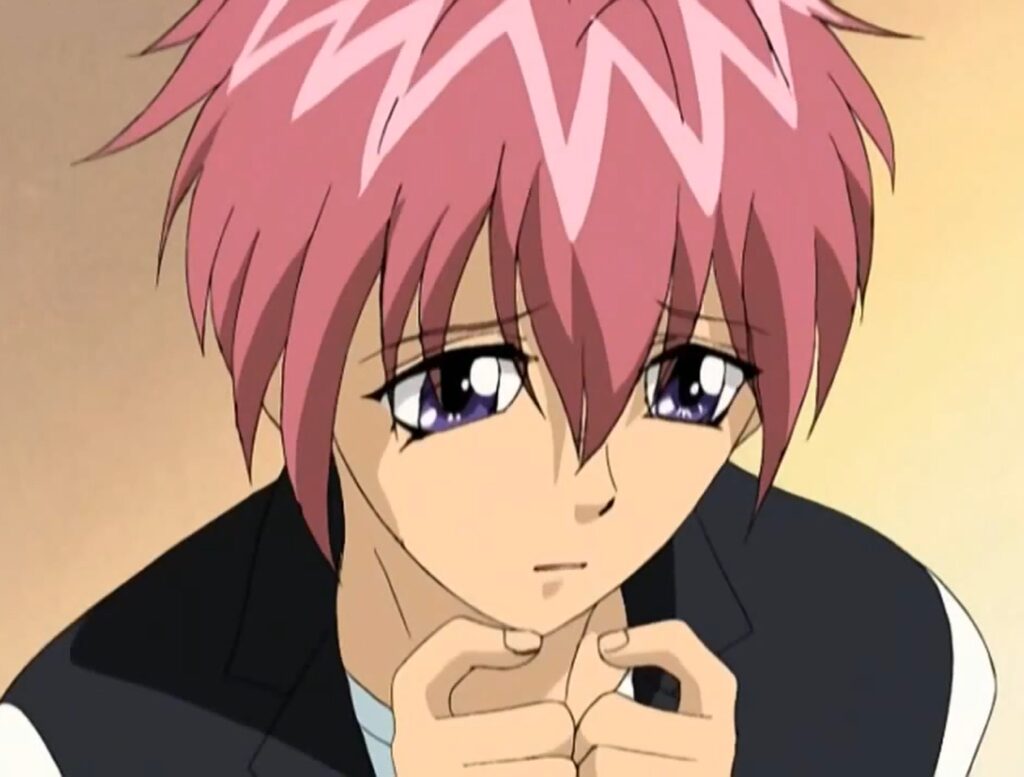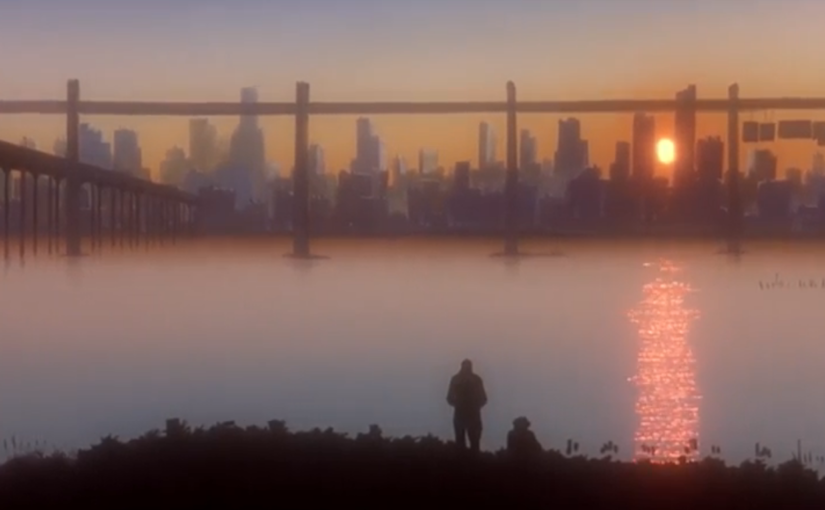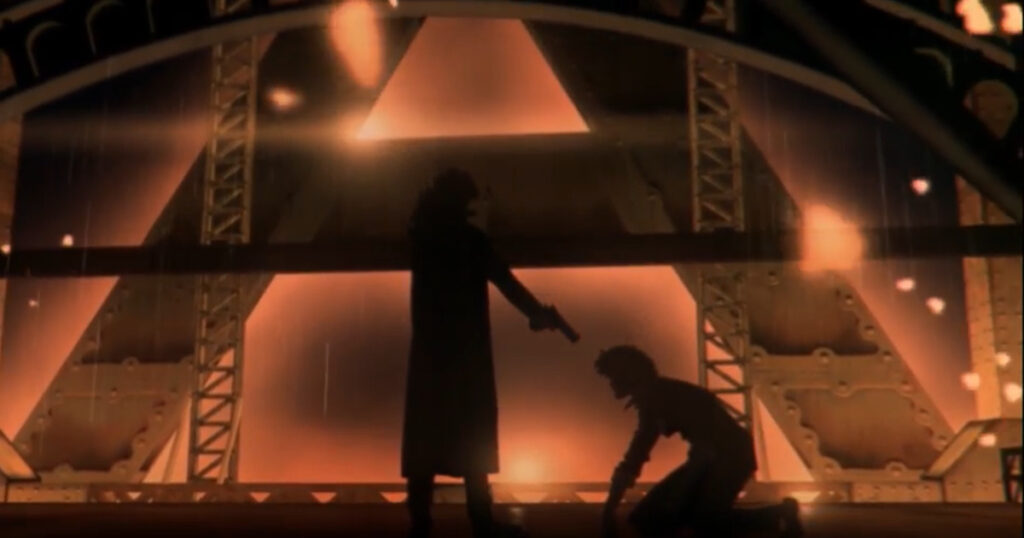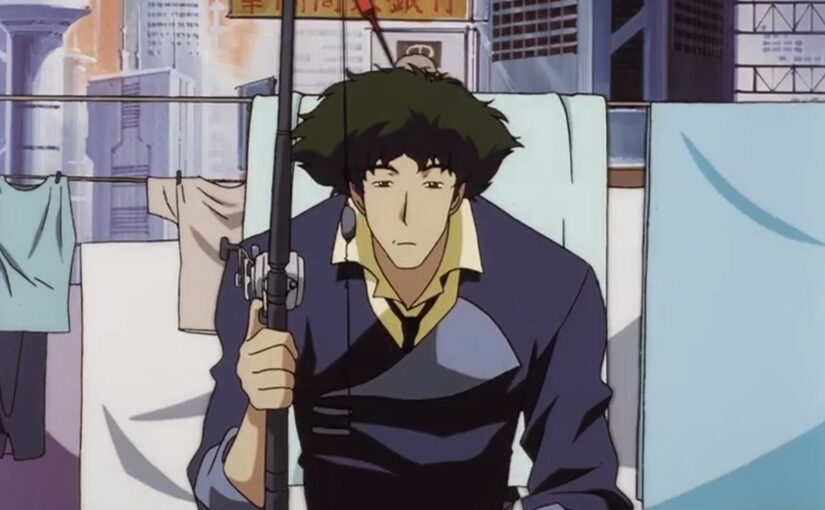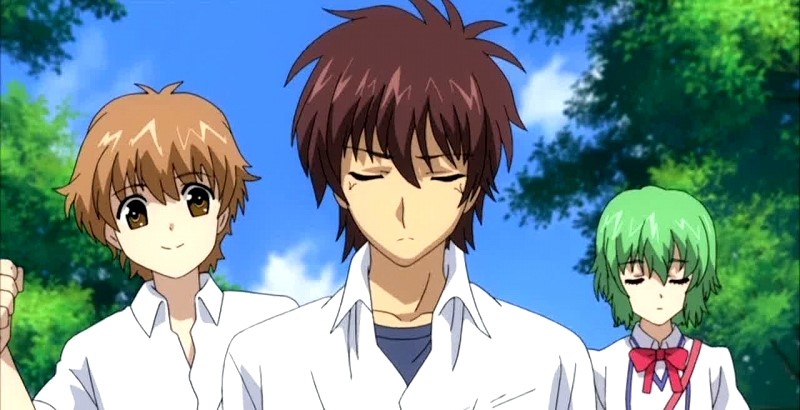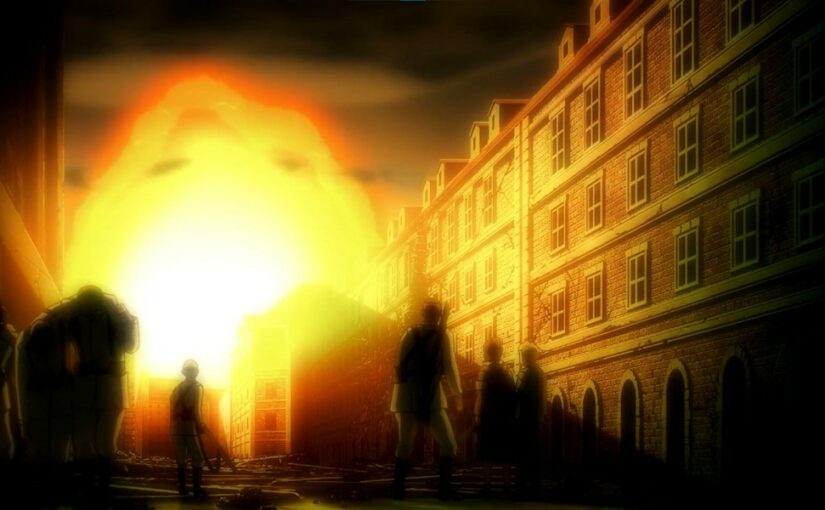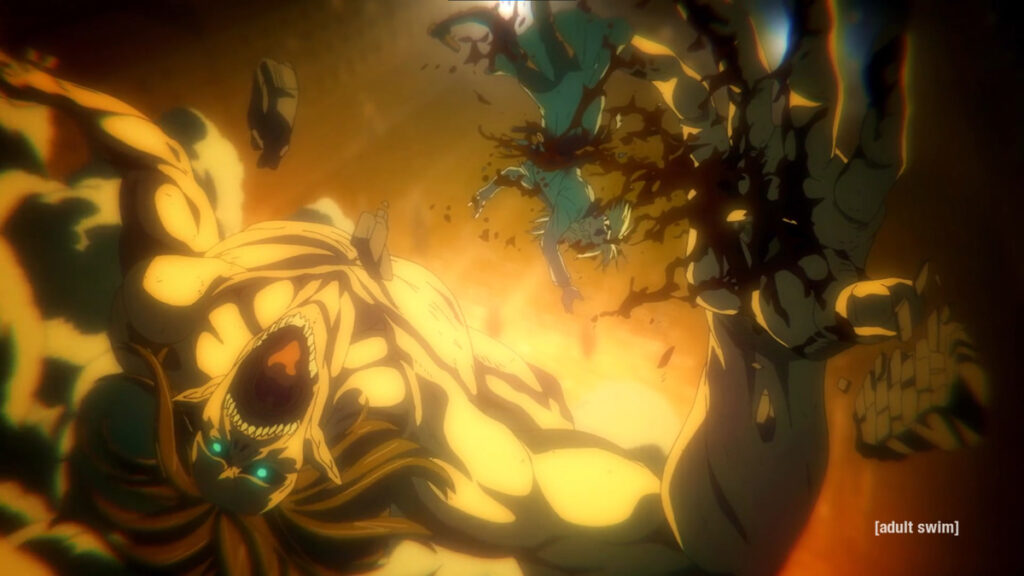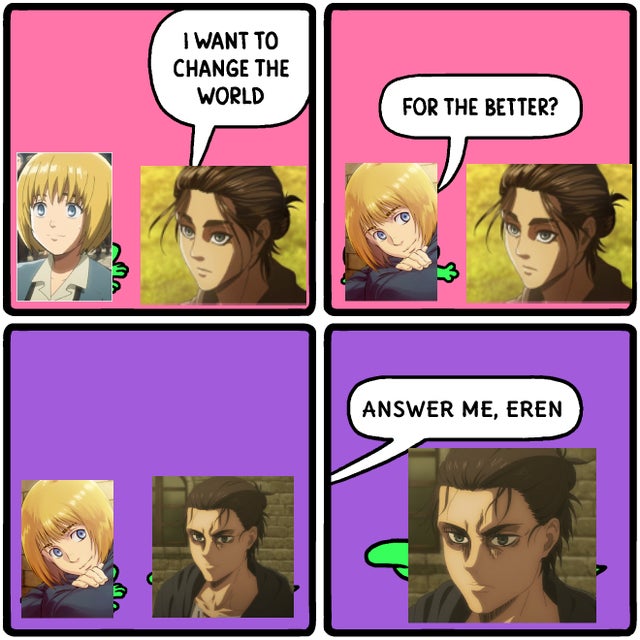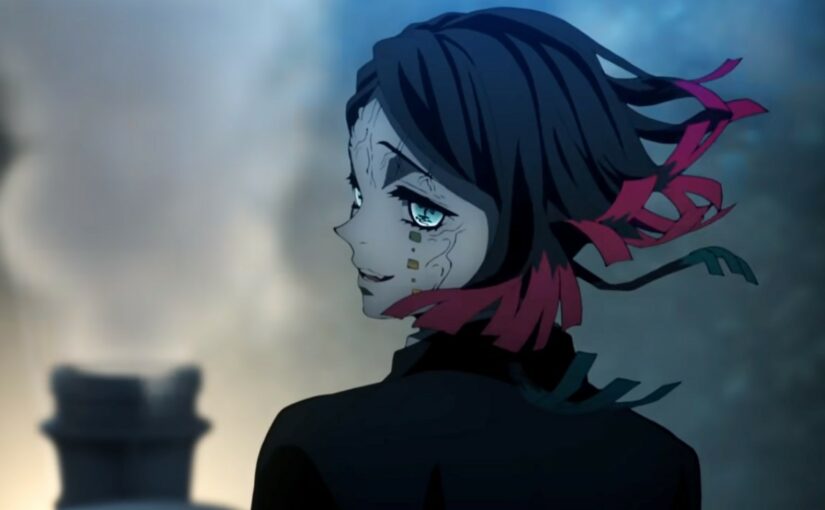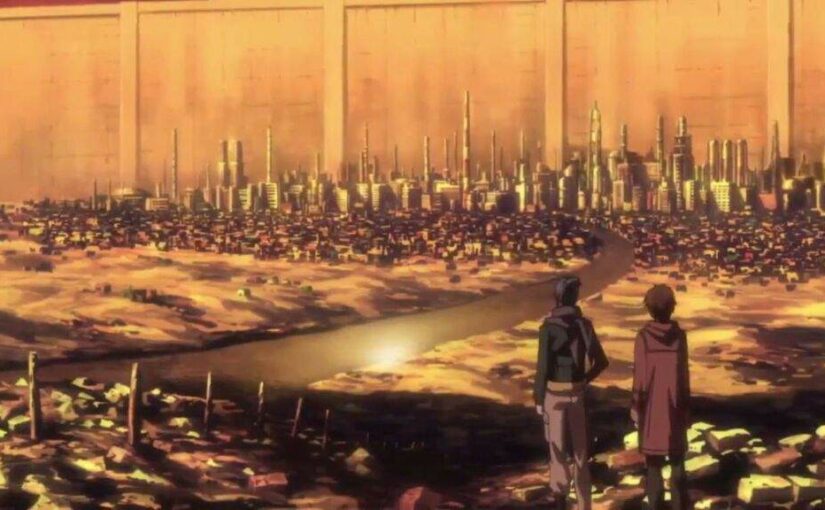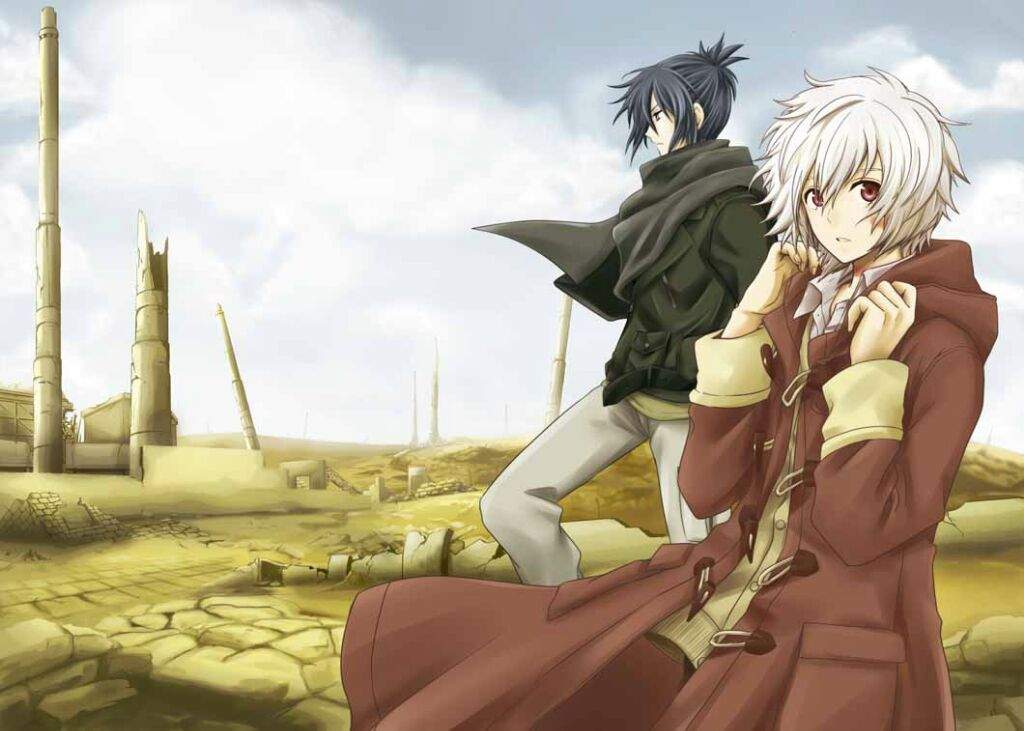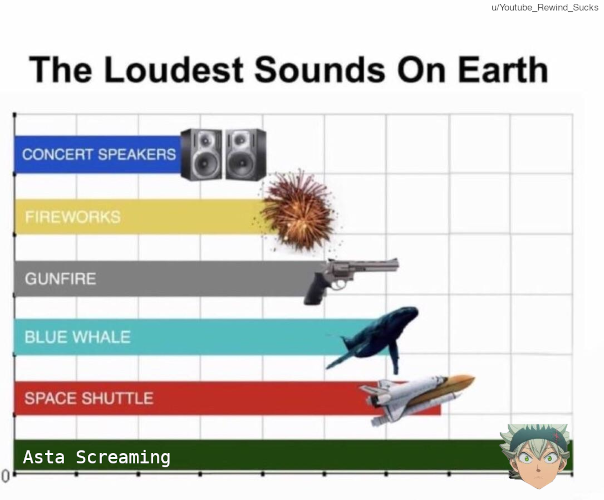Death Note is an anime that follows Light Yagami after he acquires a magical notebook that enables him to kill people by just putting their name down in the notebook. Light takes it upon himself to become the arbiter of justice and kill criminals. L, N, and M are kid genius investigators tasked to take down Light Yagami.
As the show went on, it kept getting better and better. There was a twist with each episode that kept you at the edge of your seat. This show is really a battle of wits and intelligence between Light and L; every scene and detail held significance. I would definitely recommend this to anyone who enjoys crime and or darker anime.
The philosophical question posed in the show centers around what is Justice. People like Light or his hidden “hero” name “Kira” would argue about a more principle-based approach to Justice. There are criminals in this world that need to pay for what they have done– think old testament. There was even persistent biblical imagery throughout the show. The demon loves to eat apples: like Adom and Eve. There was even a Michelangelo painting at once showing Light and the demon touching each other through the notebook.
L, on the other hand, has a different view on Justice. L viewed justice more as a means of correcting wrongdoings. IE: it is impossible to know what is wrong without first pointing it out. Although this distinction may feel subtle, it is really not because one view is more fixated on punishment/revenge, where the other is focused on reform. This then begs the bigger question of what purpose does justice serves. Is justice solely done to bring revenge and closure to those who have been wronged or is justice enacted to correct the wrong by changing that person and bettering society?
The show doesn’t give hard answers on what Justice is but rather posed moral questions for the audience to ponder along the way. We are persistently posed with the question: is Light Yagami right? What about accidentally killing the innocent? Do the ends justify the means? If crime rates went down, could stricter punishments for a crime actually be justified?
Another question is raised: does justice only matters when others are watching? IE: is justice something we only care about to maintain our reputation and status? What happens when we are given that anonymity. The show touched on this a bit when it said that people would publicly denounce Kira’s executions as cruel, but people supported Kira privately on the internet.
